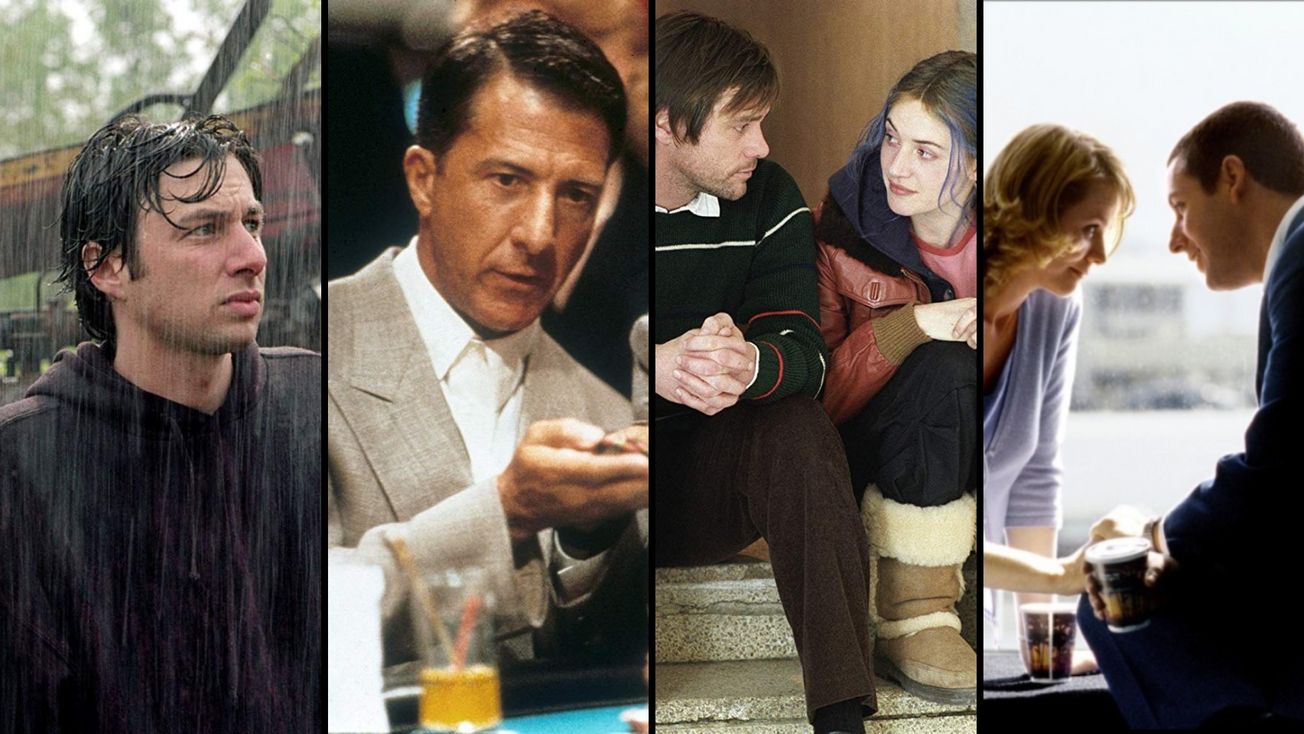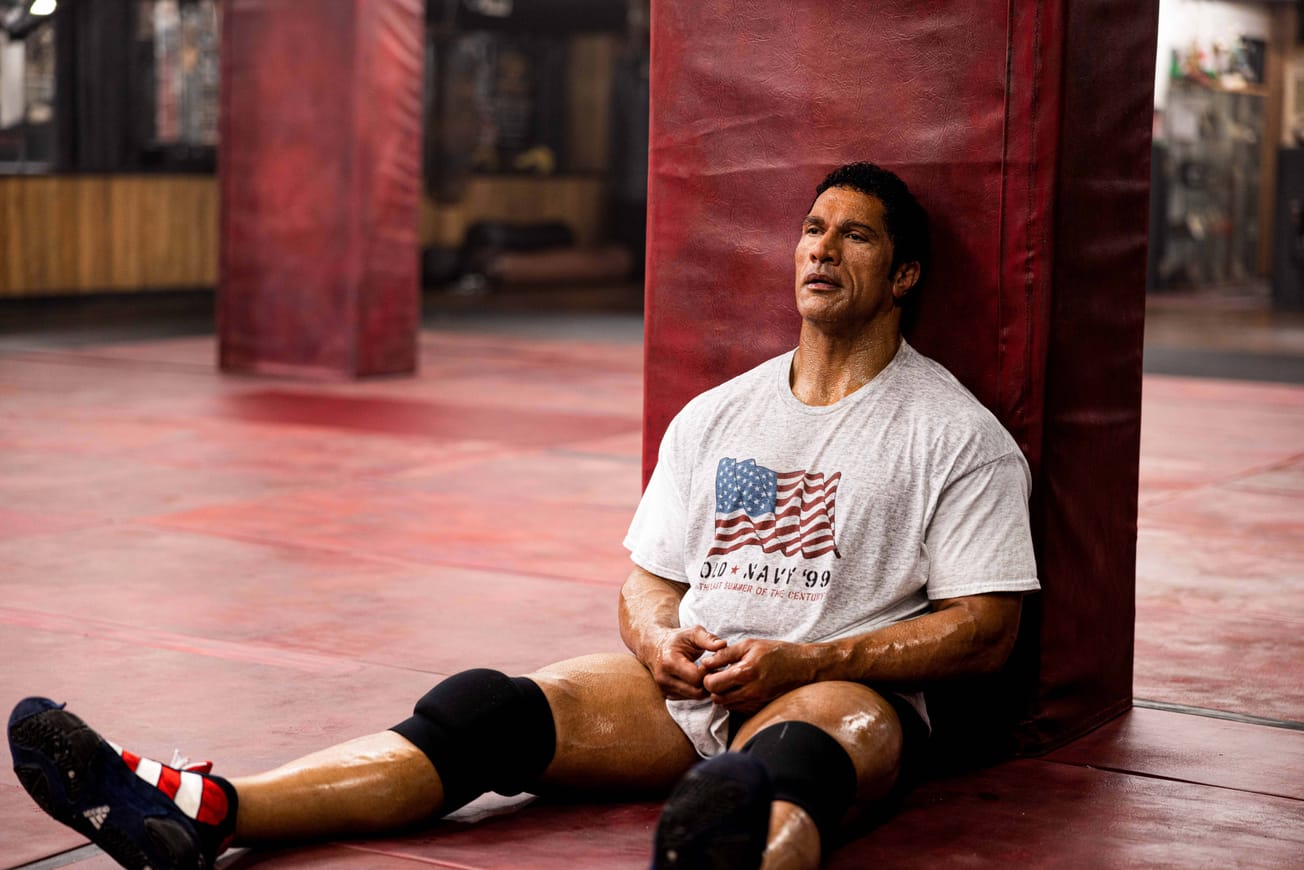As part of our series on Mental Health in Film, the Film & TV Editors have chosen a film that explores mental health in an interesting, memorable way.
Garden State, 2004
Dir: Zach Braff
Chosen by Patrick Sullivan, Film & TV Editor
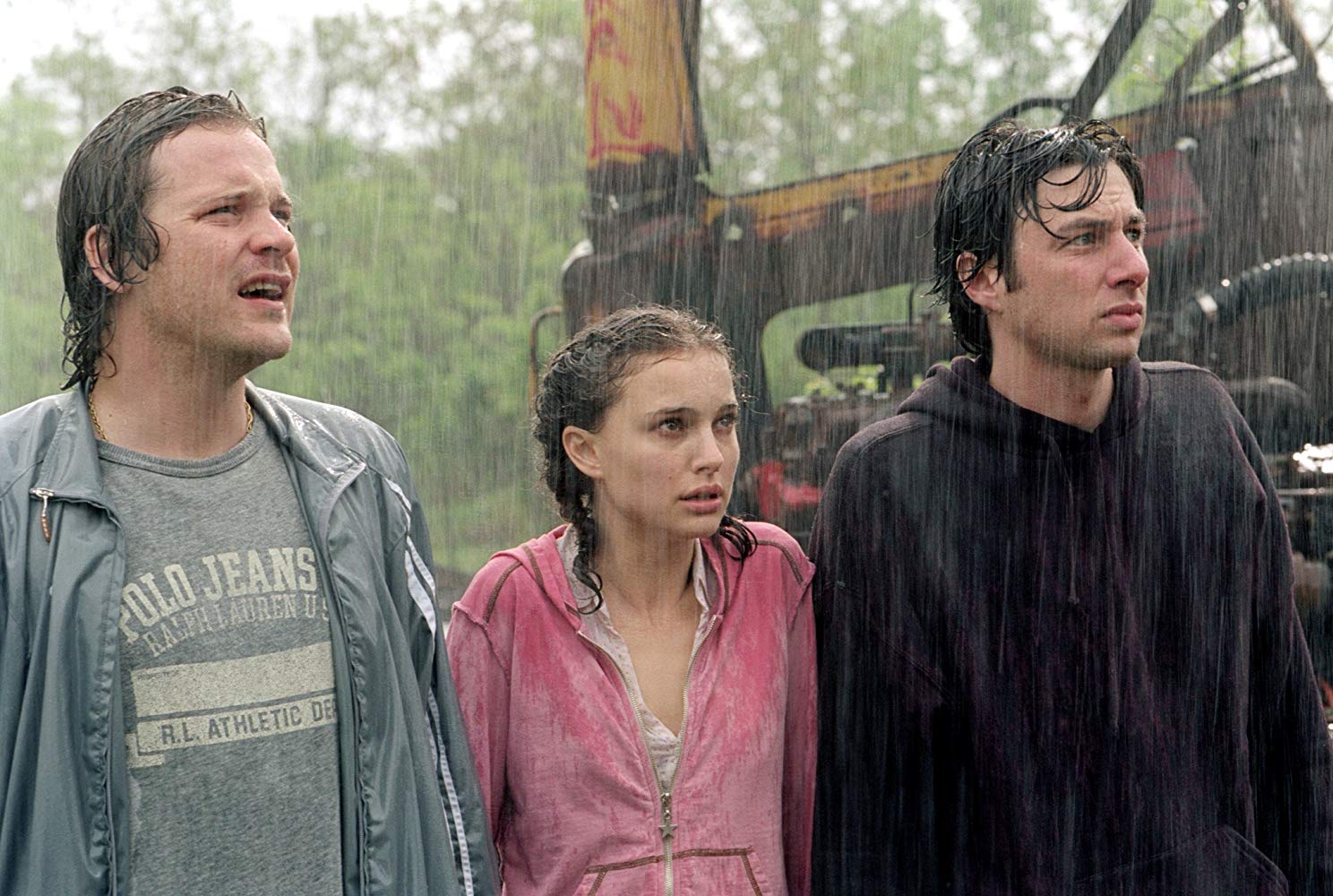
IMDb / Large’s Ark Productions
Scrubs (2001-2010) star Zach Braff was in his twenties when he wrote, directed, and starred in this heartfelt indie. It follows a failed wannabe actor, Andrew (Braff), returning to his mundane hometown for his mother’s funeral. Andrew had been misdiagnosed with anger issues as a child by his psychologist father and by taking more ownership of his mental health, he rediscovers his sense of adventure. Childhood friend Mark (Peter Sarsgaard) drags Andrew on a sketchy search for a rare trading card and plenty of the film’s success is owed a supporting cast of oddballs, including a young Jim Parsons cameo, as well as the quirky, well developed romantic interest role of Sam, played by Natalie Portman. The memorable moment comes when the trio scream into a huge chasm - bring on the infinite abyss.
Rain Man, 1988
Dir: Barry Levinson
Chosen by Luke Silverman, Film & TV Deputy Editor
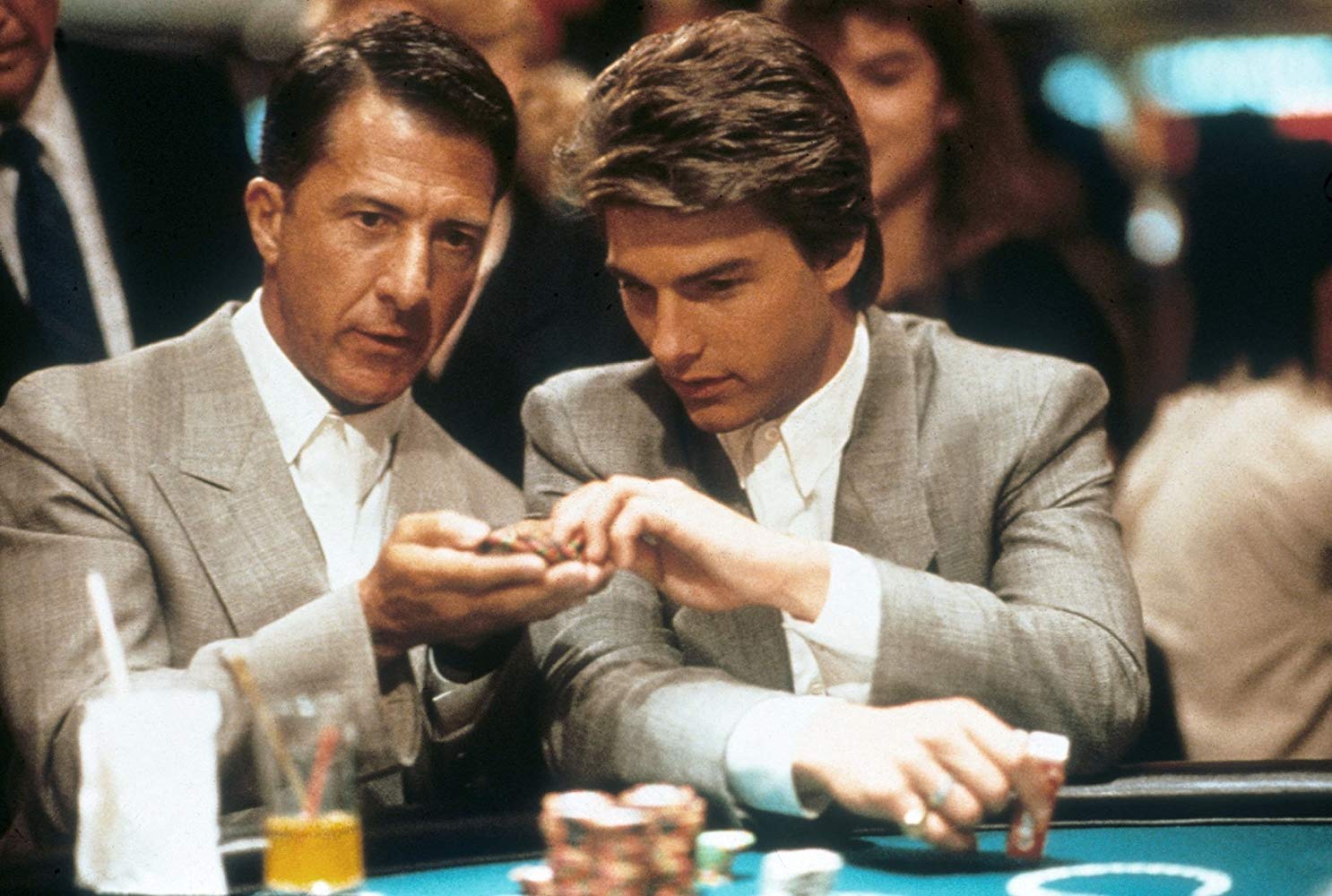
IMDb / MGM Studios / Rain Man
This 1988 classic follows Charlie Babbitt (Tom Cruise), a selfish car salesman. When his father dies but leaves almost his entire estate to an estranged brother, Raymond, the story really begins to take off. Raymond, played exceptionally by Dustin Hoffman, is an autistic savant. The film, whilst following many obvious tropes, is shaped by the inclusion of this severe mental condition which is portrayed expertly by Hoffman, who quite rightly won the Oscar for Best Leading Actor. Whatever preconceptions you may have of Cruise’s work or lifestyle, he really is on form here as well and, with Hoffman, delivers some truly moving moments in the film. The pair’s relationship develops over the course of the film in such a natural way that whilst the ending is foreseeable, it does not feel forced at all.
Eternal Sunshine of the Spotless Mind, 2004
Dir: Michel Gondry
Chosen by James Turnbull, Online Film & TV Editor
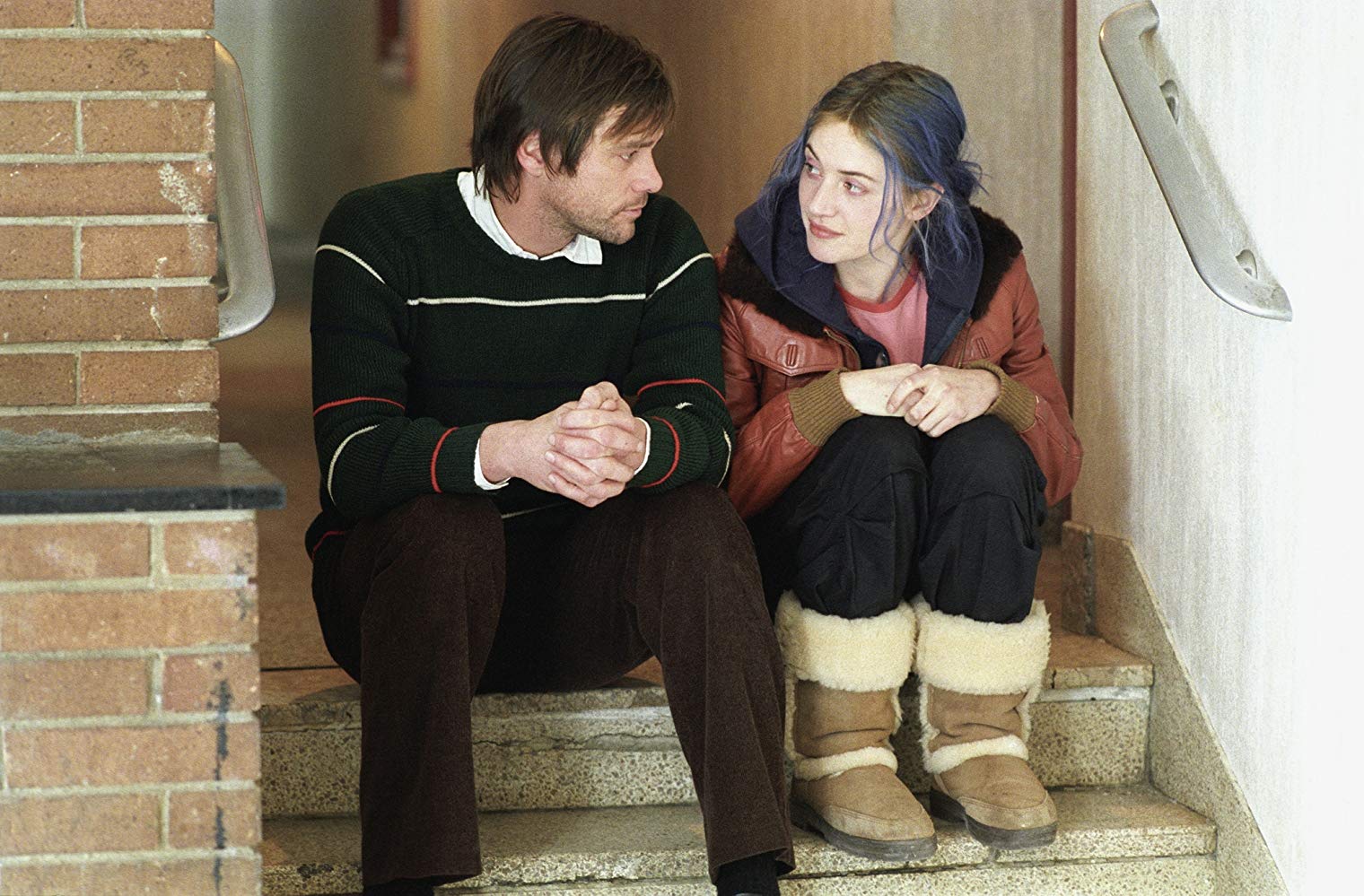
IMDb / Focus Features
Though Eternal Sunshine of the Spotless Mind might not be explicitly about mental health, it still deserves to be mentioned in this issue. Protagonist Joel (Carrey), an anxious, isolated man who finds comfort in routine and little else, learns that his girlfriend Clementine (Winslet) has undergone a procedure to erase every trace of him from her memory. What follows is a stunningly inventive and exquisitely anxious chase down memory lane, as Joel questions his memories of the relationship. This film, ultimately one that questions how human beings approach and move past trauma, is at once uplifting and deeply melancholy, and the acting combines with Charlie Kaufman’s typically brilliant script to create a masterpiece that cuts deep into your soul, leaving wounds that will take a long time to heal.
Punch-Drunk Love, 2002
Dir: Paul Thomas Anderson
Chosen by Miles Jackson, Student Film Correspondent

IMDb / New Line Cinema
When Paul Thomas Anderson said the follow-up to Magnolia (1999) would be a 90-minute romcom starring Adam Sandler, most assumed he was joking. Yet two years later he made good on his promise with Punch-Drunk Love, potentially one of the most sensitive, delicate little romantic comedies ever made. Sandler stars as Barry Egan, a socially anxious toilet plunger salesman who finds love in the similarly lonely Lena (Emily Watson). Genuinely bizarre yet bizarrely genuine, the film’s stroke of genius is in the presentation of anxiety, which suffuses every aspect of the film from its clickety, erratic score to the use of colour to emphasise just how prominently Barry hides from the world around him; the bright blue of his suit sinking into the stunning ceruleans of the world around him so as to render him invisible.
Featured Image Credits: IMDb / Large’s Ark Productions, IMDb / MGM Studios / Rain Man, IMDb / Focus Features, IMDb / New Line Cinema, Collage via Canva
Facebook // Epigram Film & TV // Twitter

